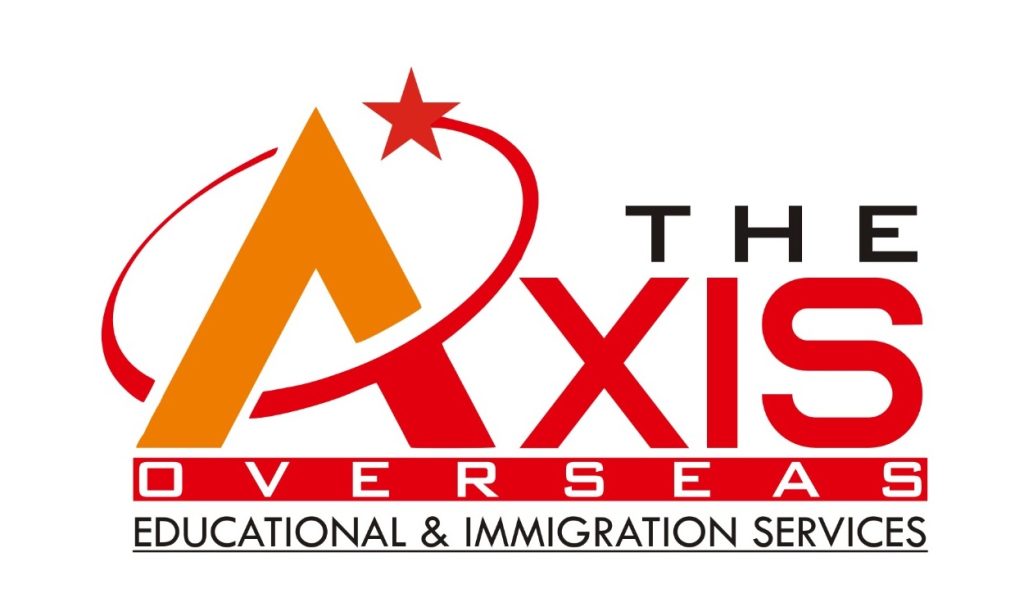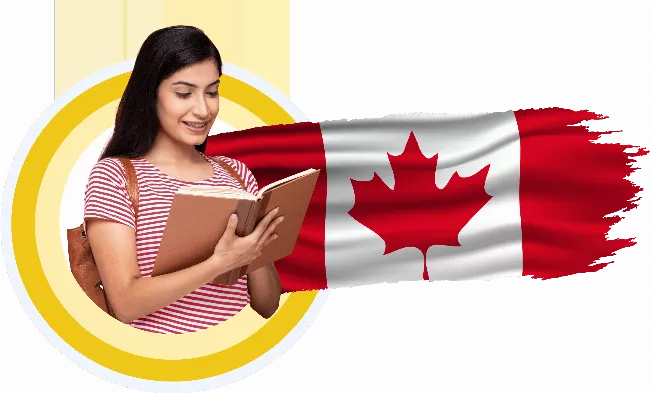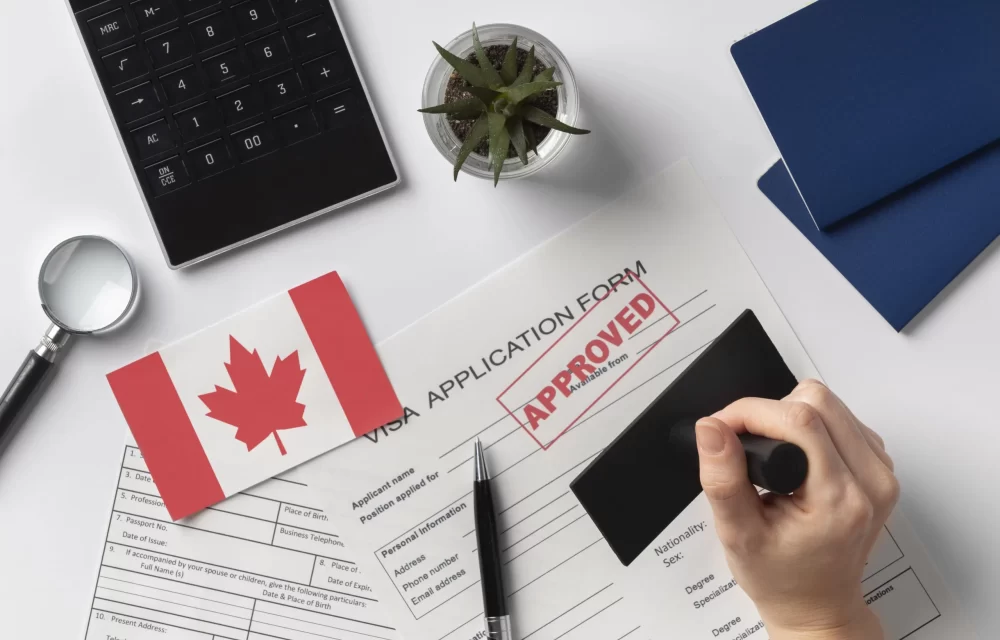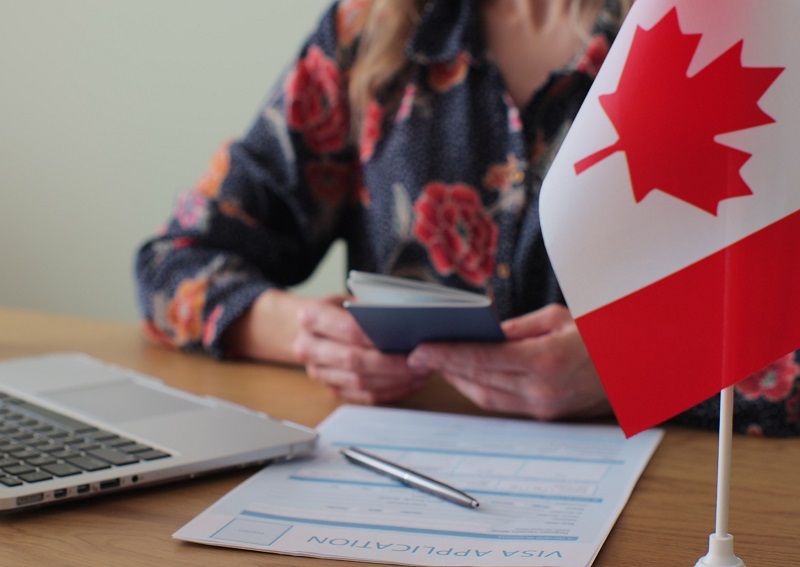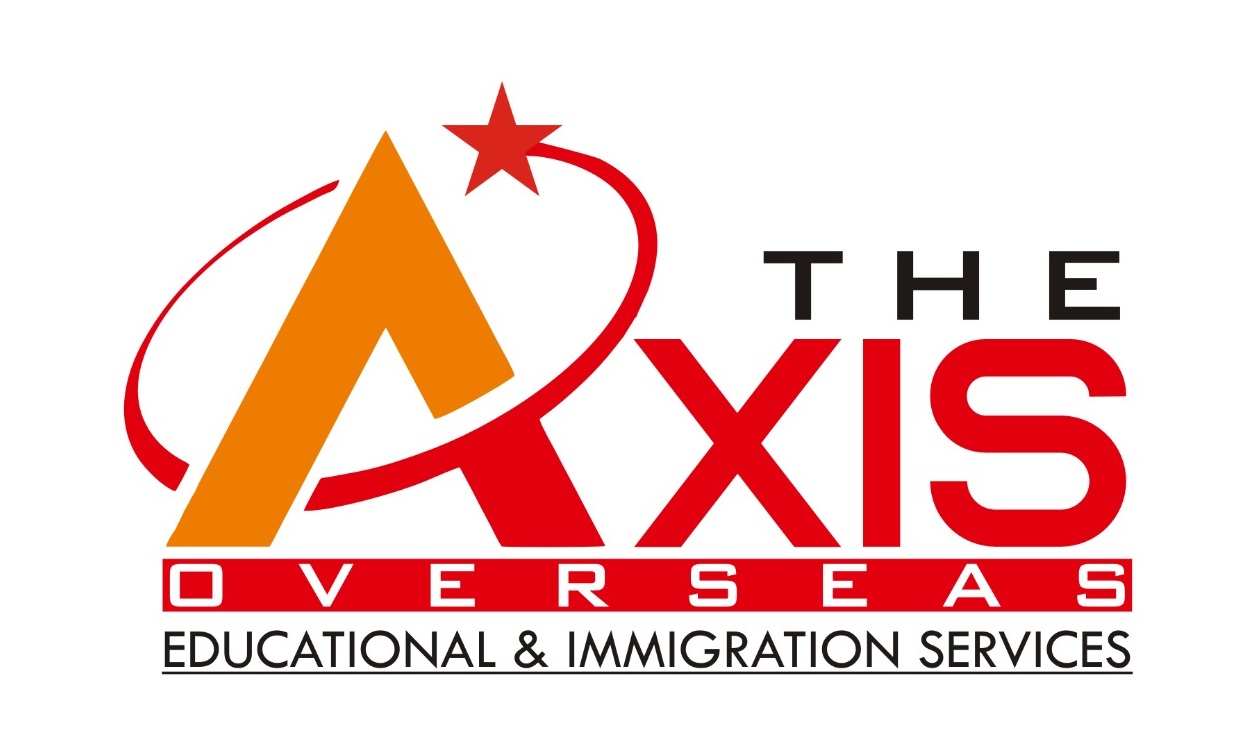Your Pathway to World-Class Education Starts Here
Canada is one of the most sought-after destinations for international students—and for good reason. With its globally recognized universities, multicultural environment, and generous post-study work opportunities, Canada offers the perfect blend of academic excellence and career growth.
